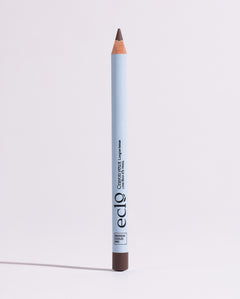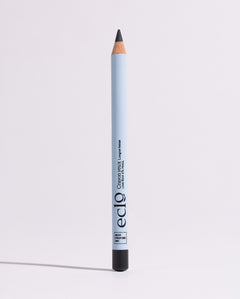Regenerative agriculture is an innovative approach that offers a sustainable and promising alternative to conventional farming methods. As environmental issues and the need for more sustainable agriculture become ever more pressing, many farmers are turning to this method, which focuses on soil regeneration, biodiversity preservation and long-term sustainability.
The principles of regenerative agriculture
Regenerative agriculture is based on principles such as soil restoration, crop diversity, minimal use of chemical inputs and water conservation. These principles aim to create healthy, resilient and productive agricultural ecosystems, while promoting biodiversity and reducing the environmental footprint. At Eclo, we favor ingredients such as hemp, rye, seaweed, horsetail and comfrey, which have regenerative effects on the soil, in the development of our formulas.

The benefits of soil-regenerating agriculture
This practice offers many advantages. It restores soil health, improves its capacity to retain water and nutrients, reduces erosion and promotes carbon sequestration.
For example rye we use for our blushes and foundations has many advantages for the soil, grown using this method:
- - Improved soil structure Rye's long, abundant roots (up to 600 km) penetrate deep into the soil, helping to aerate and break up the soil. This improves soil structure, allowing better circulation of air, water and nutrients.
- - Promotes biodiversity Rye provides a habitat and food source for many beneficial organisms such as earthworms and soil micro-organisms. It thus promotes biodiversity and the ecological balance of the soil.
- - Nutrient absorption Rye has an excellent capacity to absorb nutrients from the soil, including nitrogen. This reduces nutrient leaching, contributing to more efficient use of fertilizers and reduced water pollution.
In short, regenerative agriculture goes beyond simple land use, aiming to create resilient agricultural ecosystems capable of coping with climate challenges and preserving soil fertility for future generations.
The benefits of regenerative agriculture in cosmetics
The advantages of regenerative agriculture in cosmetics are manifold. Ingredients derived from this method are often of higher quality, rich in nutrients and free from harmful chemicals. What's more, these ingredients support local farmers and farming communities, promoting ethical and sustainable practices.
By choosing cosmetics derived from regenerative agriculture, consumers contribute to a more sustainable way of life. They support brands committed to environmental protection, social responsibility and transparency.
It is essential that cosmetics companies continue to explore and adopt regenerative agricultural practices to create a more planet-friendly industry.
Ultimately, regenerative agriculture in cosmetics offers a holistic and sustainable approach to caring for our skin while preserving our environment. By supporting this trend, we can all contribute to creating a more sustainable, respectful and ethical future for our skin, our planet and future generations.

The societal impact of regenerative agriculture
In addition to its environmental impact, this practice also has a positive impact on society. It encourages socially equitable farming practices, improving working conditions for farmers, strengthening community ties and promoting healthy eating for all. In fact, this type of agriculture offers economic opportunities for farmers and enables food sovereignty. By reconnecting farmers to natural cycles, production becomes more resilient to climatic hazards, ensuring a more stable source of income for them, and by valorizing their expertise, regenerative agriculture helps restore the balance between man and nature.
Regenerative agriculture has the potential to transform the cosmetics industry by promoting environmentally-friendly farming practices and providing natural, sustainable ingredients. By adopting this approach, cosmetics brands like Eclo could contribute to preserving ecosystems, regenerating soils and protecting biodiversity.



